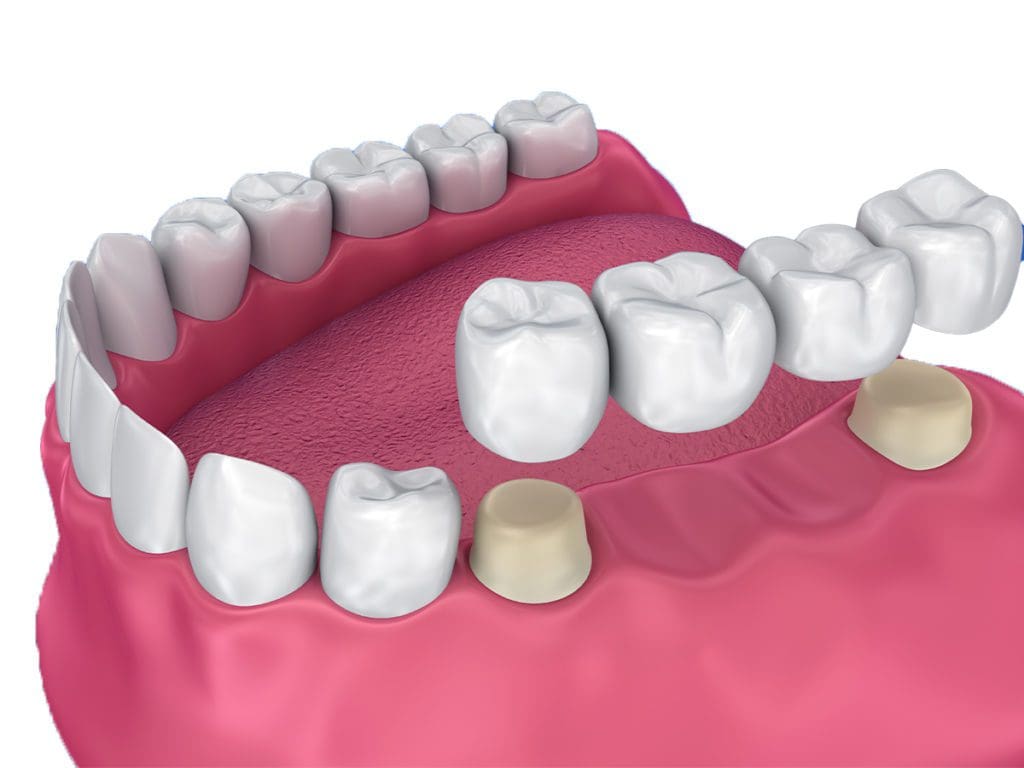What you should know about dental crowns, including the pros and cons, procedure, and costs, are discussed in this article. Dental crowns are a cosmetic procedure that covers your tooth imperfections and restores your teeth’ function. They also improve your overall appearance.
What Are Dental Crowns?
The term “tooth cap” is frequently used to describe dental crowns. Dentists at Dentakay place these caps over the teeth to protect them from further decay. Although there are different types of crowns, they vary in cost and strength. Therefore, it is best to discuss with your dentist the most suitable option for you.
Pros Of Dental Crowns
Dental crowns enhance the appearance of your teeth as well as function. Dentists use dental crowns to fix a variety of dental problems. For example, your dentist may recommend dental crowns if you have large or worn-out fillings.
Dental crowns are also ideal for restoring dental implants and reshaping teeth. Your dentist can also restore cracked or damaged teeth with crowns. And if you just had a root canal treatment, dental crowns protect the underlying teeth.
Cons Of Dental Crowns
Dental crowns also have their disadvantages. Because dental crowns can only last between 5 and 15 years, you have to get repairs or replacements. In addition, without proper dental care or routine checkups, you may develop decay underneath the crown.
Furthermore, the procedure requires your dentist to shave part of your tooth enamel, which may increase teeth sensitivity.
Who Needs Dental Crowns?
Dental crowns are necessary for several dental problems. They hold a dental bridge in place, and they cover a dental implant. Dentists also use them to cover misshapen teeth and restore broken down teeth. Furthermore, your dentist may prescribe dental crowns if you have a cracked or weak tooth to hold the tooth together.
How Do Dentists Fix Crowns?
Dentists fix crowns in two visits. The first visit is for a medical examination. You may not qualify for crowns if you have an underlying tooth infection. Your dentist will first treat the infection before proceeding with the crowns.
If you qualify for crowns, the dentist will create room for the crowns by shaving some parts of the tooth enamel. But, if you don’t have enough dental support for the crowns, your dentist will add a filling. During this stage, your dentist will administer local anaesthesia, making you numb to the pain.
After shaving your teeth, your dentist will take impressions of your teeth. The purpose of the impressions is to help your dentist examine your bite and chewing and help a dental lab create your crowns. Your crowns should be ready in about two to three weeks.
Pending when the crowns are ready, your dentist will place temporary crowns on your teeth to protect your tooth enamel.
When the crowns are ready, you can visit your dentist for the installation. During this step, your dentist will remove your temporary crowns and check the fit and colour of the permanent crowns. If the crowns fit, your dentist goes ahead to cement them in place.
CEREC Dental Crowns
CEREC is a new technology that helps you get crowns on the same visit to the dentist. Therefore, you don’t need to get temporary crowns. Immediately following when your dentist takes impressions of your teeth, the technology prints your personalised crowns on a 3D printer. Thus, the entire crown placement procedure takes only a few minutes.
What Is The Cost Of Dental Crowns In The USA?
The cost of dental crowns in the USA varies depending on the type of crowns and dental clinic. On average, all-porcelain crowns, zirconia crowns, and E-max crowns cost between $600 and $3000 per unit. Porcelain-fused-to-metal crowns cost $500-$1500, while metal crowns cost between $600 and $2500 per unit.
What Is The Cost Of Dental Crowns In Turkey?
Dental crowns in Turkey are significantly cheaper than in the USA. Although cheaper, there is no compromise on materials or dental treatment quality. Dentists in Turkey are highly sought after across Europe for their expertise.
In Turkey, you should get porcelain-fused-to-metal crowns for $80-$130 per unit. All porcelain and metal crowns cost between $100 and $250. On the other hand, Zirconia crowns cost between $210 and $310, while E-max crowns have an average cost between $300 and $400.
How To Make Your Crowns Last Longer
Dental crowns’ lifespan varies depending on the material, oral hygiene, and lifestyle. Nevertheless, on average, dental crowns last between 10 and 15 years. You can ensure you use your crowns for their maximum lifespan by following these steps;
Maintain good oral hygiene – you need to clean your dental crowns as you would your natural teeth. Therefore, brush and floss daily. Also, use an antibacterial mouthwash for the area around your crown.
Use a night guard – grinding your teeth can wear down your crown. So, if you often clench your teeth when you sleep, get a night guard from your dentist to prevent teeth clenching and grinding.
Maintain a healthy lifestyle – chewing your nails, opening packages with your teeth, or chewing hard substances like ice can affect your dental crowns. Therefore, you have to stop these bad habits from extending your crown’s lifespan.
Use a mouthguard – if you play contact sports, it is best to protect your teeth. Accidental contact with bats or balls can damage your crowns. Therefore, ensure you use a mouthguard during high-risk sports.
Visit your dentist regularly – your dentist can easily detect problems with your crowns during routine visits. And if there is any problem, prompt treatment can prevent an escalation and potential crown replacements.
Conclusion
Dental crowns are an essential treatment to improve the function and appearance of your teeth. If you are unsure about getting a crown, visit a dental clinic near you for an oral examination.

